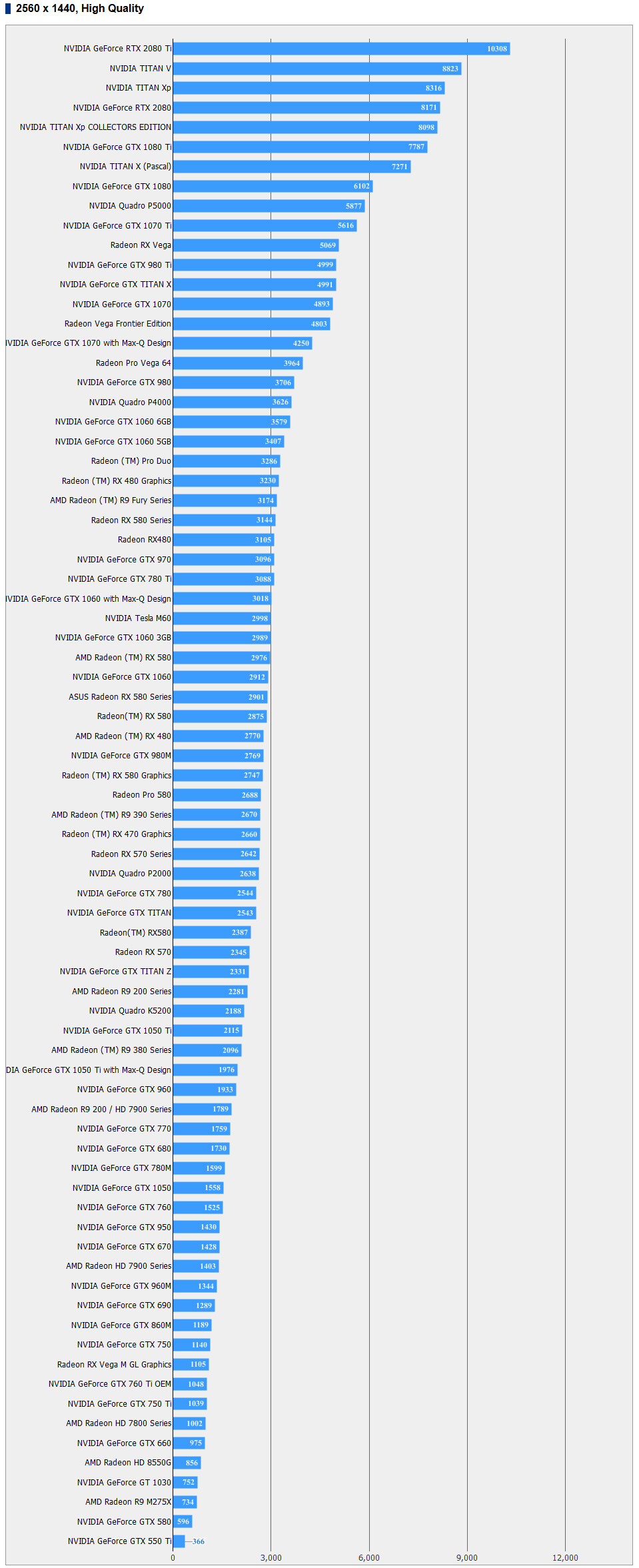Soldato
- Joined
- 30 Nov 2011
- Posts
- 11,522
All your DLSS does is run an algorithm that was created by training a neural network, rather than one explicitly written by an engineer.
You might as well say "render web pages in your browser, leveraging the power of 1000 software engineers!".
mmm sort of, Turing also has Tensor cores which are optimised for this sort of work - similarly to raytracing, doing the same thing on a non-Turing card would take longer as well as taking cycles away from the main cuda cores - similar to the 6x improvement for RT, tensor cores do the "same math" roughly 12x faster than a non-tensor core equipped card, so they enable a technique that simply wouldn't be possible on a Pascal based card.





